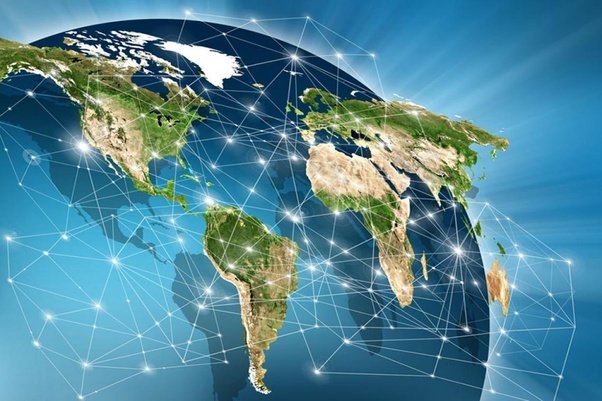In this fast-paced internet era, news and information are readily available at our fingertips, shaping our understanding of the world and influencing our daily lives. The news landscape is constantly evolving, presenting both opportunities and challenges for society. In this blog post, we will delve into the intricate world of news and analysis, shedding light on recent happenings and their implications.
The proliferation of digital platforms and social media has revolutionized the way news is disseminated and consumed. Breaking news spreads like wildfire, captivating audiences worldwide within seconds. The power dynamics have shifted, allowing individuals and citizen journalists to play a pivotal role in the news cycle. This democratization of news can foster a more informed and engaged populous, but it also increases the risk of misinformation and “fake news” spreading like wildfire.
One of the most significant impacts of the internet era on news is the blurring of boundaries between traditional journalism and citizen reporting. Traditional news outlets are no longer the sole gatekeepers of information, and individuals can now report firsthand on events they witness. While this can bring diverse perspectives and previously marginalized voices to the forefront, it also raises questions about journalistic standards, fact-checking, and accountability.
Moreover, the internet era has given rise to echo chambers and filter bubbles, where individuals are increasingly exposed to news and opinions that align with their existing beliefs. Algorithms designed to personalize content create an echo chamber effect, reinforcing biases and limiting exposure to diverse viewpoints. This has far-reaching consequences for societal cohesion and democratic discourse, as it can exacerbate polarization and hinder constructive conversations.
The rapid dissemination of news and the race for clicks and engagement have also contributed to a “headline culture” that prioritizes grabbing attention over nuanced analysis. Breaking news often lacks the contextual depth needed to fully comprehend complex issues, leading to surface-level understandings and knee-jerk reactions. To combat this, news consumers need to be discerning, seeking out multiple sources and engaging in critical thinking to gain a comprehensive understanding of events.
As we navigate this complex news landscape, it is imperative to consider the broader implications of our digital habits. The internet era has created a demand for constant updates and instant gratification, leading to an “information overload” that can be overwhelming and mentally taxing. The constant bombardment of news can also lead to desensitization, making it challenging to empathize with the human stories behind the headlines. Taking a step back, practicing media literacy, and finding a balance between being informed and maintaining mental well-being is crucial.
In conclusion, the internet era has undoubtedly transformed the world of news and analysis. While news accessibility has increased, so has the risk of misinformation and polarization. Acknowledging the multifaceted nature of news events, understanding their underlying causes, impacts, and potential future scenarios is vital for a well-informed society. As news consumers, we must be discerning, critically engaging with the information presented to us. Balancing our digital consumption with mental well-being is essential to navigate this intricate world and shape a more informed and empathetic global community.
So, as we venture deeper into the vibrant and ever-changing realm of news and analysis, let us be mindful of the power it holds over the world we live in and the role we play in shaping its future. Embrace the opportunities, evaluate the sources, and engage in meaningful discussions, for it is through an informed and discerning society that we can truly navigate the complex landscape and shape a better world.




